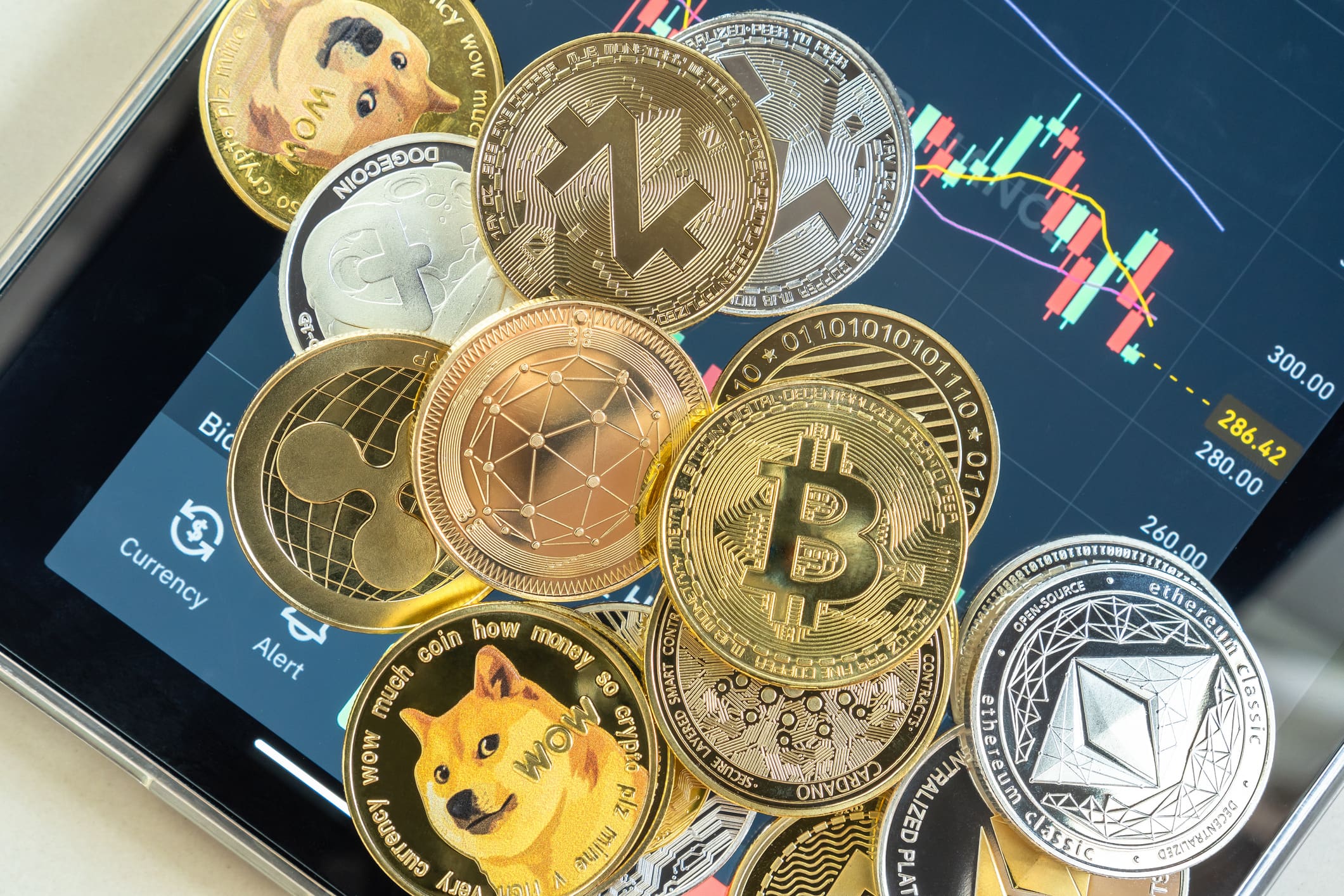
Assume you want to start a Bitcoin mining business. Earnity’s CEO, Dan Schatt, believes that in that case, you must understand the terms and definitions, including one of the most critical — block rewards.
Bitcoin block rewards are new bitcoins distributed to cryptocurrency miners to solve a complex math problem and generate a new block of verified bitcoin transactions. The miners accomplish this through computer networks, and each time a new block emerges, all competing miners verify it. The miners are then presented with a new math problem to solve, and the process repeats.
Identifying Block Rewards
The block reward encourages bitcoin miners to process cryptocurrency transactions. However, Dan Schatt, CEO of Earnity, believes that keeping an immutable record of these transactions is critical for bitcoin’s proper operation.
The blockchain is the same as a decentralized bank ledger in that you cannot alter it after its creation. On the other hand, Miners must validate transactions and keep the register up to date. In exchange, they are compensated for their efforts through block rewards and transaction fees to a lesser extent.
Bitcoin vs. Ethereum Block Rewards
Ethereum, Bitcoin’s main cryptocurrency competitor, compensates miners with block rewards. In Ethereum, the prize is a digital token known as “ether,” which miners receive when they successfully provide the mathematical proof of a new block. Furthermore, miners, like bitcoin miners, are compensated through transaction fees known as “gas” fees.
Unlike bitcoin, however, miners can generate an infinite number of Ethereum ether tokens, and the process is much faster—in seconds rather than about 10 minutes. As a result, the total number of blocks in the Ethereum chain exceeds the number of blocks in the Bitcoin chain.

 Earnity`s Domenic Carosa and Dan Schatt and DeFi and Crypto Link
Earnity`s Domenic Carosa and Dan Schatt and DeFi and Crypto Link